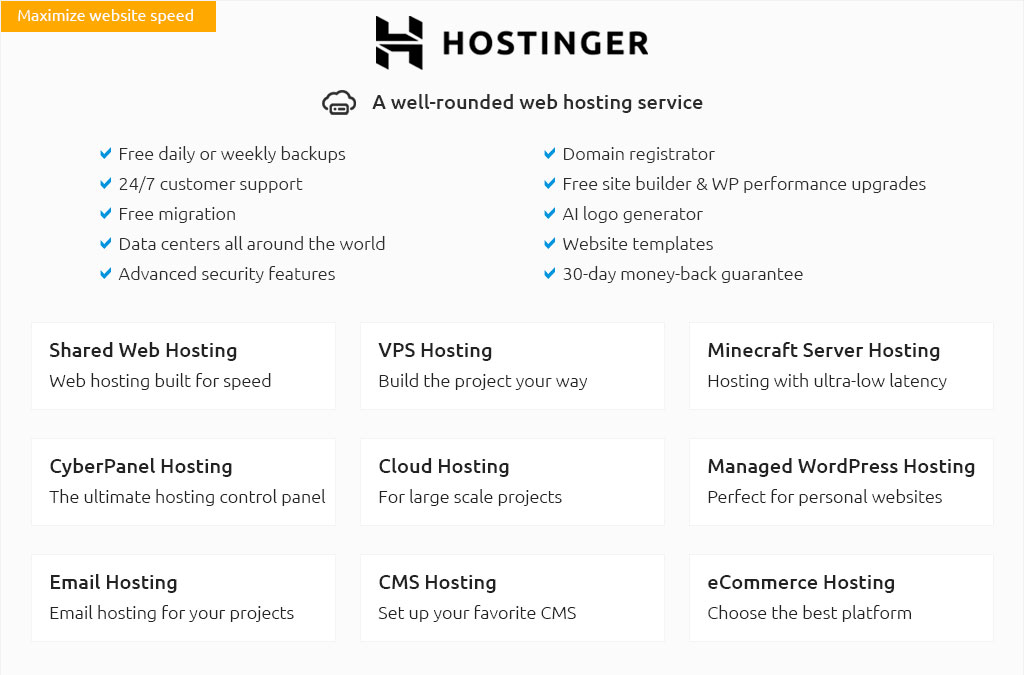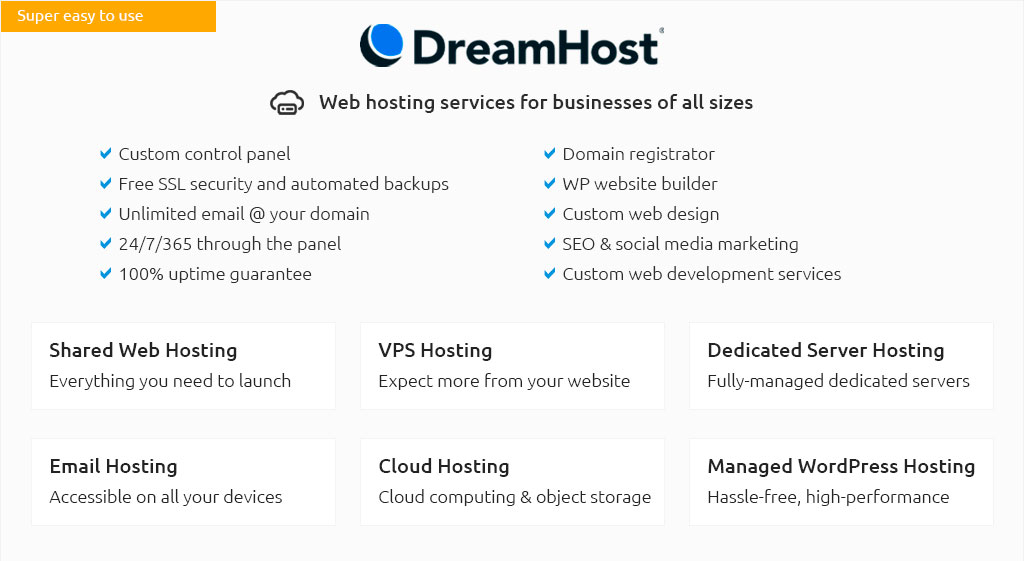 |
|||
 |
 |
 |
|
 |
|
 |
 |
 |
|||
 |
|||
 |
|||
 |
|||
 |
|||
 |
|||
 |
 |
Exploring the World of Website Hosting with E-commerce: A Comprehensive InsightIn today's digital age, the concept of website hosting has seamlessly intertwined with the burgeoning field of e-commerce, creating a dynamic duo that fuels the online marketplace's vibrant ecosystem. As businesses increasingly pivot to online platforms, understanding the nuances of hosting services becomes paramount. At its core, website hosting serves as the foundational bedrock upon which e-commerce sites are built, providing the necessary infrastructure for websites to operate smoothly and efficiently. With a plethora of options available, choosing the right hosting service can often feel overwhelming. However, by focusing on key aspects such as reliability, scalability, and security, businesses can make informed decisions that align with their specific needs. The importance of reliability cannot be overstated. An e-commerce site must be accessible to customers at all times, and any downtime can lead to lost sales and diminished trust. Therefore, opting for a hosting provider with a proven track record of uptime guarantees is essential. Furthermore, scalability is a critical consideration, especially for businesses with growth ambitions. As an e-commerce site expands, the hosting service should be able to accommodate increased traffic and data without compromising on performance. Security is another crucial factor that cannot be overlooked. E-commerce sites handle sensitive customer information, and protecting this data should be a top priority. Hosting providers that offer robust security features, such as SSL certificates and regular backups, can provide peace of mind to both businesses and their customers. Additionally, customer support plays a vital role in the overall hosting experience. Responsive and knowledgeable support can be a lifesaver in times of technical difficulties, ensuring that any issues are swiftly resolved. Another aspect worth considering is the integration capabilities of the hosting service. E-commerce platforms like Shopify, WooCommerce, and Magento have specific hosting requirements, and choosing a provider that seamlessly integrates with these platforms can enhance functionality and ease of use. Furthermore, the pricing model of hosting services varies widely, from budget-friendly shared hosting plans to more expensive dedicated servers. Businesses should carefully evaluate their budget and hosting needs to select a plan that offers the best value for money.
Ultimately, the choice of a hosting service can significantly impact an e-commerce site's success. A well-chosen host can provide the speed, security, and support needed to thrive in the competitive online marketplace. As e-commerce continues to evolve, staying informed about the latest hosting trends and technologies will be beneficial for businesses looking to maintain a competitive edge. https://www.youtube.com/watch?v=yDHumB_MIWk
Here are the best hosting services for eCommerce: 1. Bluehost ... Web Hosting Tier List! | Best web hosting and what should you avoid ... https://www.mgt-commerce.com/blog/what-is-ecommerce-web-hosting/
Ecommerce hosting is a service where a hosting provider serves an ecommerce website to end customers. https://www.inmotionhosting.com/ecommerce-hosting
eCommerce Hosting refers to any web hosting service tailored to those looking to launch and run an eCommerce store. eCommerce hosts typically include website ...
|